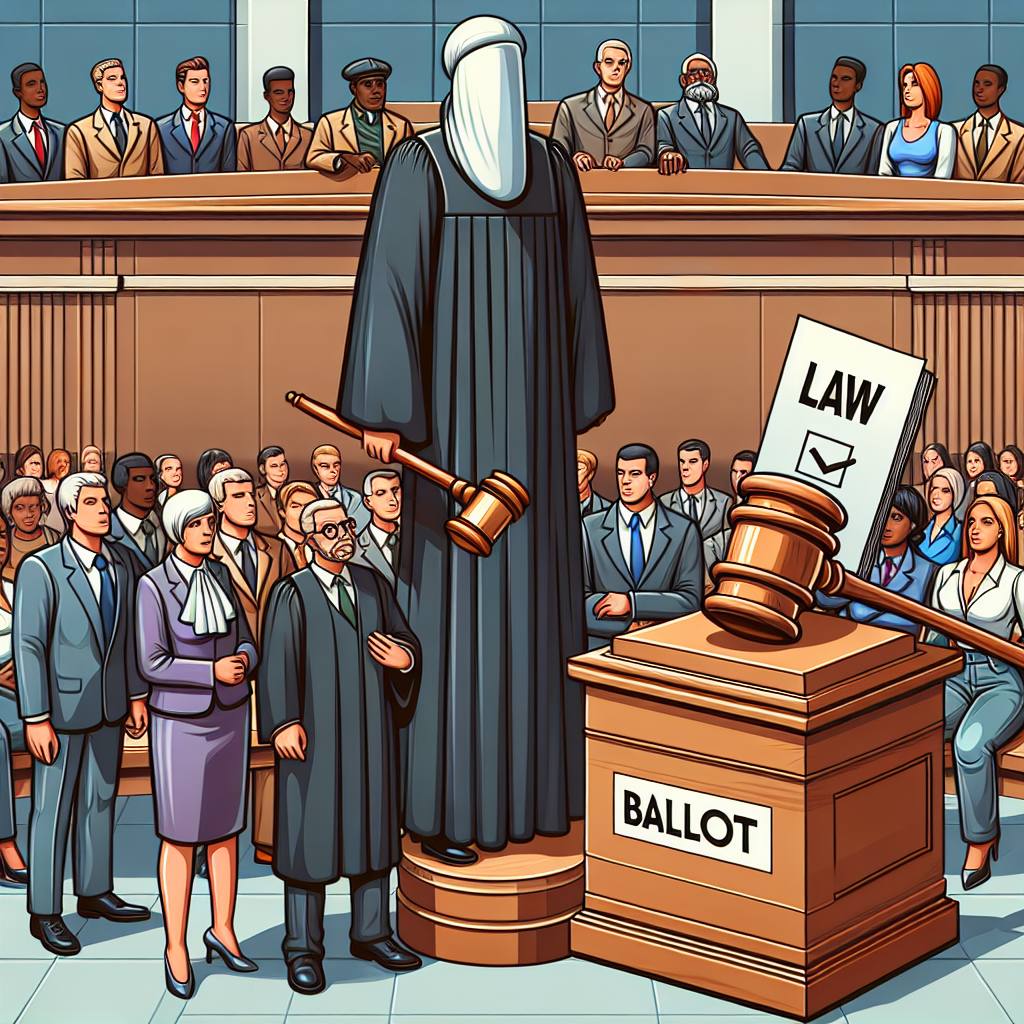Ireland's Pivotal Election: A Tug-of-War Between Stability and Change
Ireland's main governing parties, Fine Gael and Fianna Fail, aim to retain power amidst a campaign period marked by a substantial October budget and a faltering Sinn Fein. Prime Minister Simon Harris is challenged as public sentiment shifts, influenced by financial strategies and immigration policies.

In a critical election bout for Ireland, the two major governing parties, Fine Gael and Fianna Fail, look poised to reclaim power, buoyed by an expansive October budget. A downturn in momentum for opposition Sinn Fein further sets the stage for a potential political resurgence of incumbents, a phenomenon divergent from global electoral patterns.
Current polling shows Fine Gael and Sinn Fein neck-and-neck at 20%, indicating a tense electoral race. Missteps in the campaign, including a viral moment involving Prime Minister Simon Harris, contribute to shifting voter preferences. Analyst Theresa Reidy predicts changes, emphasizing the dynamics of Ireland's voting system could favor the ruling coalition.
The election narrative also highlights public dissatisfaction with Ireland's financial health not translating into improved services. Aspiring for significant reform, especially in housing, younger voters express frustration. Meanwhile, enduring alliances between Fine Gael, Fianna Fail, and the Greens suggest political continuity, dependent on securing additional party support to achieve a governing majority.
(With inputs from agencies.)










